La Inteligencia Artificial Generativa (IAGen) está desafiando los límites convencionales del sistema educativo superior al abrir nuevas rutas de aprendizaje algorítmico. Al rebasar las fronteras educativas tradicionalistas, la IAGen está revolucionando la forma en que los estudiantes acceden al conocimiento y activan sus conexiones mentales con las herramientas generativas. Esta tecnología emergente, no solo facilita el diseño de la instrucción y la realización de tareas, proyectos o exámenes, sino que también plantea desafíos éticos y metodológicos a ser analizados a profundidad. En este contexto dinámico, la IAGen emerge como una fuerza transformadora que promete rediseñar la educación superior y preparar a los estudiantes para un futuro cada vez más digitalizado y complejo.
Get Started for FREE
Sign up with Facebook Sign up with X
I don't have a Facebook or a X account

 Your new post is loading... Your new post is loading...
 Your new post is loading... Your new post is loading...
No comment yet.
Sign up to comment
|

Joe Boutte's curator insight,
May 10, 7:43 AM
What will universities look like, do, or become in order support the workforce for a sustainable future? This research provides some interest global perspectives on the skills and approaches evolving in higher education based on a paradigm shift known as "Future Skills Turn" . This is a shift in education that emphasizes the development of skills needed for the future workforce, driven by rapid technological advancements, globalization, and evolving societal needs. This approach focuses on cultivating skills such as critical thinking, creativity, digital literacy, emotional intelligence, and lifelong learning, rather than solely on traditional academic knowledge. The impacts on higher education include curriculum transformation, technology integration, industry collaboration, and lifelong learning. This shift not only prepares students for successful careers but also empowers them to make meaningful contributions to a sustainable and equitable world. As we consider the value of current approaches to higher education, this is an important set of perspectives to consider as leaders. |


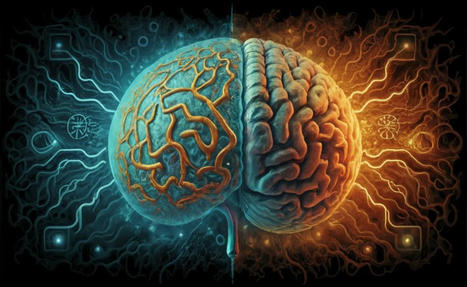

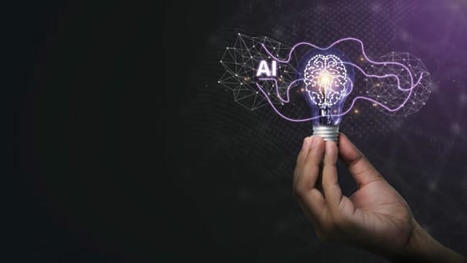



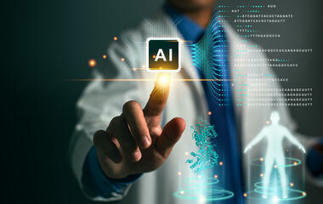






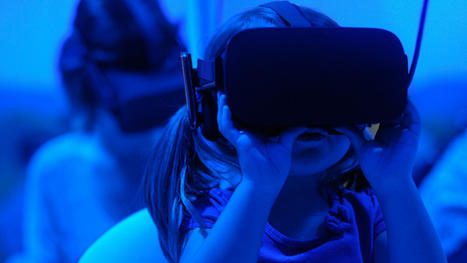

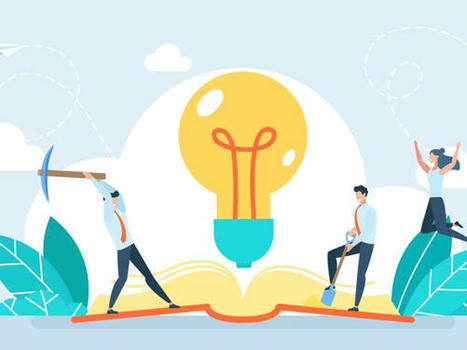

![[PDF] Students, digital devices and success | Edumorfosis.it | Scoop.it](https://img.scoop.it/kTFsNkaGPnp1IUN1OdT2qTl72eJkfbmt4t8yenImKBVvK0kTmF0xjctABnaLJIm9)
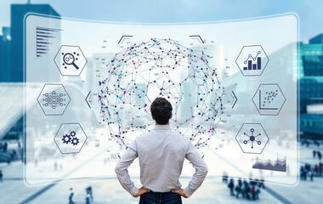


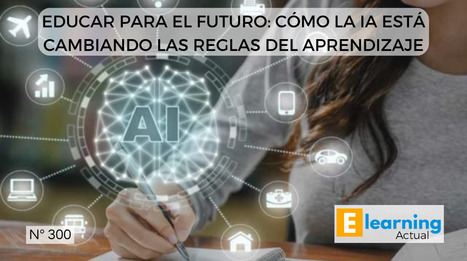
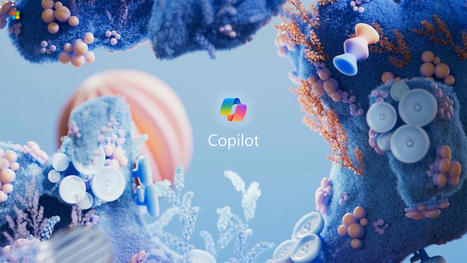
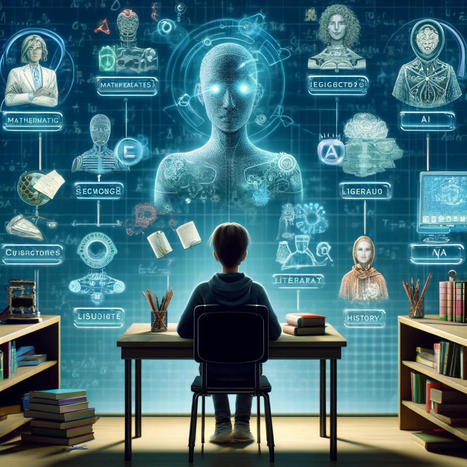

![[eBook] Creating the University of the future: A global view on future skills and future Higher Education | Edumorfosis.it | Scoop.it](https://img.scoop.it/vLg-e6itll8rs7R3qpoIpzl72eJkfbmt4t8yenImKBVvK0kTmF0xjctABnaLJIm9)
![[Infografía] De la Formación Digital a la Formación con IA | Edumorfosis.it | Scoop.it](https://img.scoop.it/tARZB4BcZ8pJ6FJtkCjY-zl72eJkfbmt4t8yenImKBVvK0kTmF0xjctABnaLJIm9)




